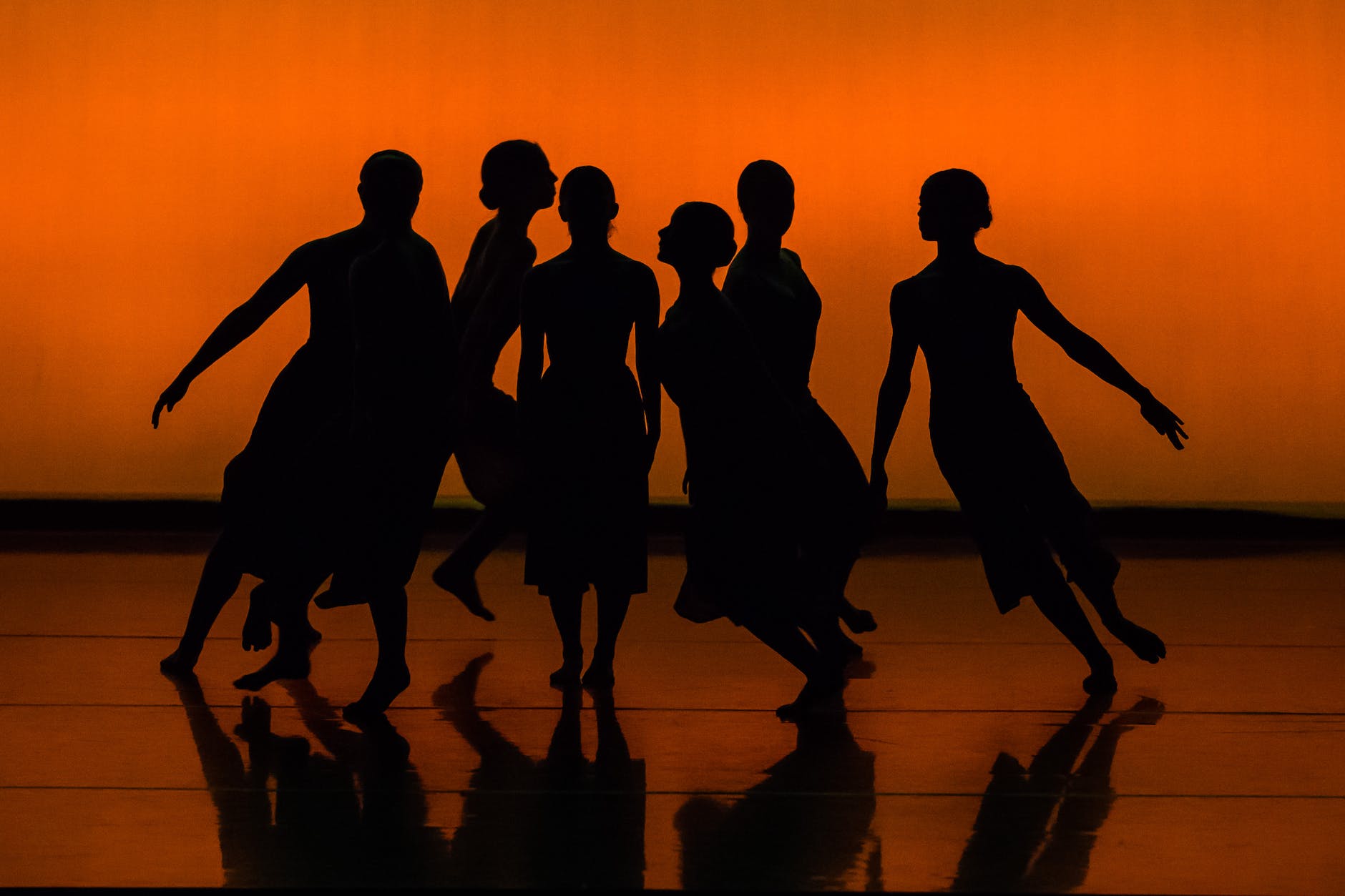I have been dancing long enough to recognize the turning point where most people decide to stop their creative path.
When people believe that the creative act will only consist of their undertaking of “creative” labor that suits their tastes or instincts, they are mistaken.
Only break the rules – after you mastered them all
Last week, I had a quick late-night conversation with my teacher. I had to leave for home because my lesson the following morning began at 6:45 AM and it was now after 10 PM; thus I had to forgo the last group improvisation session. After a quick 15-minute break, everyone spoke inside the studio as I bid goodbye and left.
“How do you feel today?” Asked my teacher, who had now been sitting out alone, a lit cigarette in his hand.
“Uhm, well, I think I don’t feel it. Right from the start of this class.”
“I know.” He grinned broadly as if that was what he had expected. “What do you think might be the cause, then?”
“I believe it was my overthinking about whether what I was doing was an intentional pause in an improvisation or just that I was paying too much attention to my partner to the point of being passive.”
He attuned.“ No, no. You are not at the level at which you shall question the boundary of concepts. We are now simply practicing, therefore it is pointless to worry about such things until you can master them.”
A prolonged silence. I did not quite get what he said.

“The thing is that you can only grasp the big picture when you have a complete understanding of everything that you are doing on the stage. Questioning now, when you are only halfway through your studies, would simply make you confused and doubt yourself. Just do as I taught you, and adjust accordingly to the feedback. All that is needed from you is that.”
We have this preconceived notion that creatives are these sets of individuals that constantly have wild ideas, invent completely original works of art, and act on sudden inspiration or acts of pure instinct.
Surprisingly, this is rarely the case in reality. Just like how a real-life hacker can be this charming and trustful guy sitting in front of a static screen which is also quite harmless (rather than a hundred terminals tab open with random script in multiple colors running down the lines), the creatives are going through a process far more ordinary than we think it is.
The process is the same as it would be in any other field: You must first understand and master the fundamentals before considering acting creatively.
“8 out of 10, every single day”
“But what if there are days when I cannot feel a single thing?”
He groaned. “It’s amazing to bring out what’s within of you and create with your instinct from the beginning when we’re simply discovering and using what we have. One day, when you’re full of enthusiasm, you could give one of your finest performances ever. But occasionally, if you don’t, you merely do mediocre work.
The finest days are now referred to as “lucky days” when you are brimming with ideas, feelings, and everything else that propels you to that beautiful moment. A flawless 10 today and a poor 1-2 tomorrow, however, are no longer acceptable at this phase. You must consistently produce at least an 8 out of 10 to continue mastering this craft.
In other words, you must always perform at your highest level. No more “good”, “okay”, or “acceptable”. And to do that, you must continue your training and adjustments. Just like what I already said.”
Working at a dance studio for over a year now, I observe an emerging pattern of the difference between classes of all levels.

Beginner courses are significantly more laid back; attendees come to practice as a way to unwind and rejuvenate as well as to offer and receive positive energy. But as you move up to the advanced level, even if all that charm is still present, there is a sense that everyone is straining to do their best. One cannot give in to the excuse “I don’t feel like it” for not working on perfecting the minor details, mastering difficult techniques, or performing complex combinations.
I frequently return home after a long day of dance sessions in the studio and university coding classes in the late hours of the night, fatigued from both. Coding and dancing have always been fun for me until one day they weren’t.
“Here’s an uncomfortable truth: the most rewarding experiences in life almost always require some level of skill. Skills take time and effort to master—time we don’t have, and effort we’re reluctant to contribute. (…)
Here’s another uncomfortable truth: many things aren’t fun until you’re good at them.”
— Josh Kaufman, “The First 20 Hours”
At the end of the day, engaging in artistic endeavors is another form of work. Additionally, any profession encompasses the complete gamut of rigorous skill perfection and difficult, dull instruction. I think you must always go through this process sooner or later if you ever want to succeed in any field of expertise.
Don’t misunderstand me, though: Some people may completely embrace all the ups and downs and even enjoy the challenging aspect of perfecting a talent. Just keep in mind that you may need to accept something as is if you one day grow to despise the skills you are learning since they are no longer fun. Those times do arrive. And what shall we do? Keep going.
